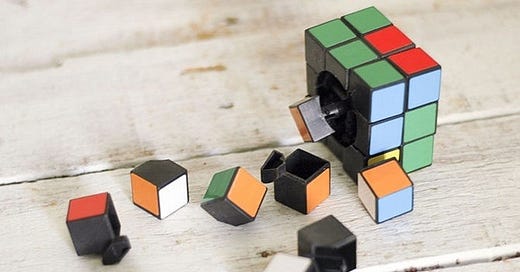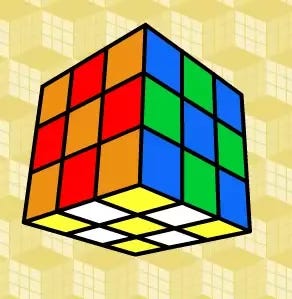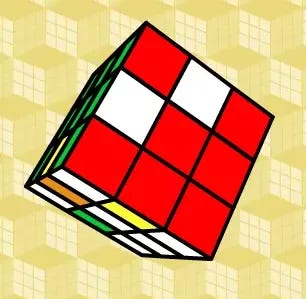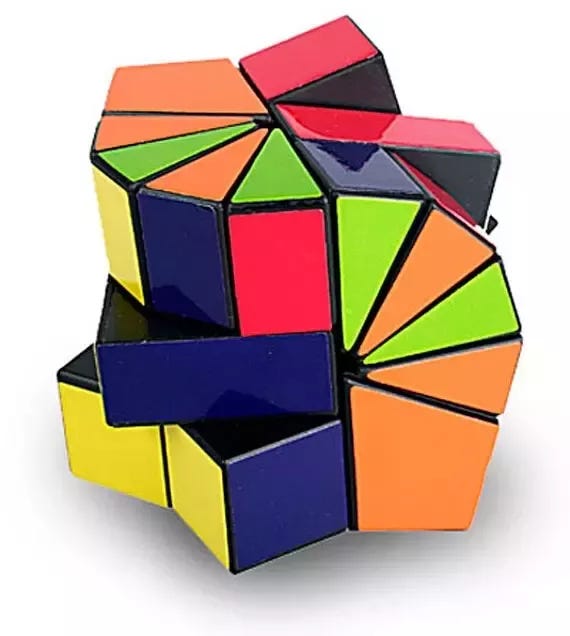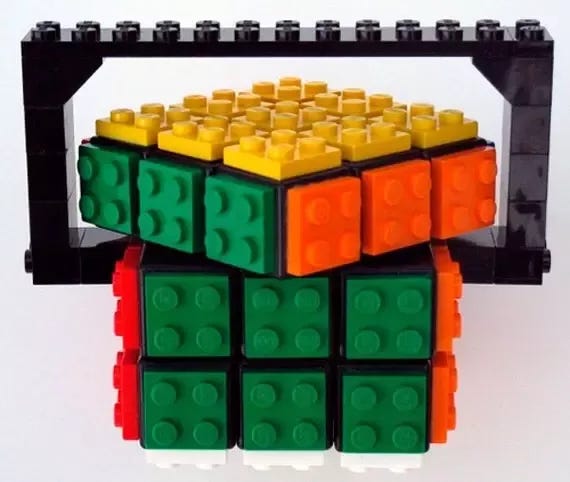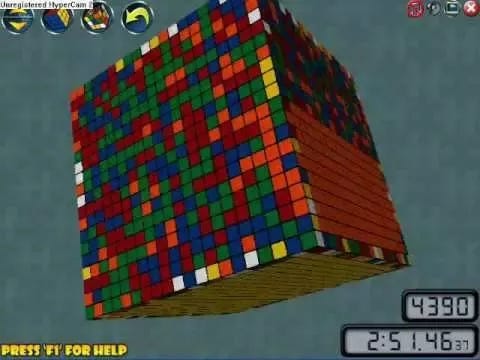How is solving the Rubik's Cube similar to life?
A question from Quora that ended up getting published on HuffPost, Inc, and AppleNews
This is part 4 of 4 of a series called, “Live Outside the Box.”
In case you missed it, here’s part 1, 2, and 3.
1.) If you're never over your head, you'll never learn anything new
I was 12 when my brother got me my first Rubik's Cube. I remember being so hesitant to make any turns because I was scared that if I messed it up, I'd never be able to able to solve it.
But when I made the first twist, it was the point of no return -- it forced me to stretch myself and learn.
Life is similar. If you always live in your comfort zone, you'll never be challenged, you'll never learn something new, and you'll have no one one to blame but yourself.
2.) It's OK to copy those gone before you
Some people are ambitious and want to figure out the cube by themselves. This can take months, even years.
But some people just want the satisfaction of finishing the cube -- studying someone else's strategy would be the best route and it can drastically shorten the learning curve. I had a friend teach me how to solve it in a couple hours on a Friday night.
Many people have successfully solved the cube. Many have successfully navigated this journey we call life -- why not learn a thing or two from those who have done it already?
3.) Seemingly complex, but actually straight forward
Despite there being 43 quintillion permutations, a Rubik's Cube can be solved with less than 15 algorithms.
It doesn't matter how "messed up" the cube gets, you can still solve the cube with the same algorithms, you just need to know when and how to apply them.
Life seems complex if you think that you need to demystify and understand all 43 quintillion combinations.
Life is a lot less daunting and straightforward when you understand the fundamental principles that will get you to where you want to go.
4.) Breaking the rules might get you "there," but it's not sustainable
It actually takes less time to solve a cube (if you study the algorithms) than it takes to dismantle a cube and try to put it back together.
When I first learned how to solve the cube, it took me 15 minutes. Within a couple weeks, it took me 5 minutes. After obsessing over "cubing" for a year, my best time was just under 30 seconds.
Taking "shortcuts" might make sense at first, but in the long run, learning to do things right will pay off dividends.
5.) Sometimes, it's not about finishing the cube
At the end of the day, who says the whole point is to solve it?
Maybe I just want to have fun.
Maybe I'm just a little OCD.
Maybe I just want to be Spider-Man.
At the end of the day, life is open-ended.
Maybe you want to be different:
Maybe you want to be where two different worlds intersect:
Or maybe you have a knack for the extraordinary (or have nothing else better to do):
This answer was originally published on Quora and had over 34,000 views.
I have 500+ answers on Quora and will be curating, IMO, the best answers I’ve written here for your convenience. All my Quora reposts will have this section for transparency and context, original content will not have this section.
After 10+ years of blogging all over the internets, I’m currently working on a book! If you resonate with my writing, you can sign up to get my book updates here.
When’s the next post coming out? I publish weekly on Sundays at 12pm Pacific (3pm Eastern, 3am Singapore, 8pm UK)
